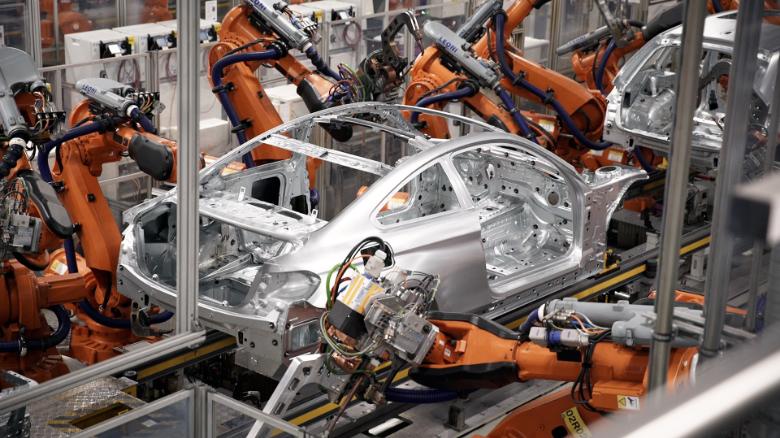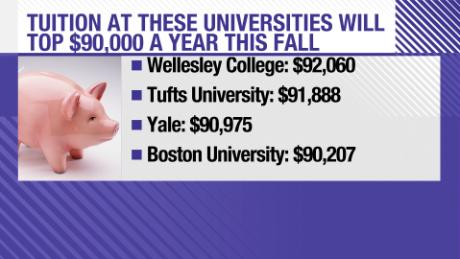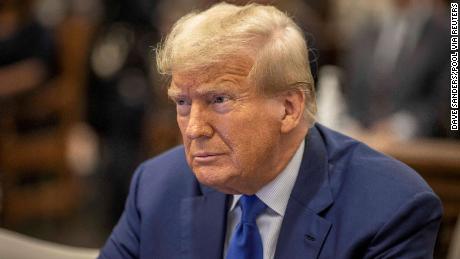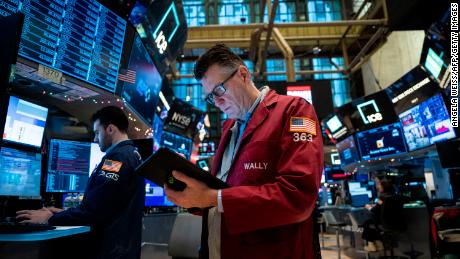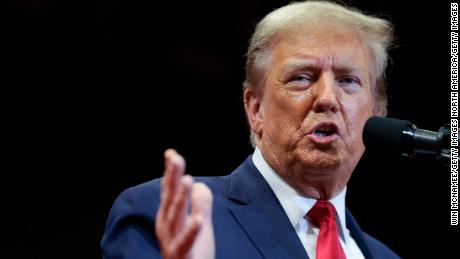London (CNN Business)Europe's largest economy may be in recession for the first time since the region's debt crisis.
A shock plunge in industrial output in November suggests Germany may have suffered a second consecutive quarter of economic contraction at the end of 2018.
Industrial production in Germany plummeted 1.9% compared to the previous month, according to data published Tuesday. That's much worse than the 0.3% uptick economists polled by Reuters had expected.
Carsten Brzeski, ING's chief economist in Germany, said the data showed that the risk of recession had "clearly increased." Oxford Economics downgraded its growth forecast for the fourth quarter to 0% and said recession was now "a reasonably high risk."
Official growth figures for the final three months of 2018 will be published next week. Germany's economy shrunk 0.2% in the third quarter, and another three months of contraction would mean the first recession since 2013.
Data indicate the export powerhouse faced continued pressure in the final month of the year.
A key gauge of business sentiment produced by the Ifo Institute weakened further in December. Manufacturers scaled back production plans as their business expectations turned negative for the first time since May 2016.
"The big picture is that the German economy ŌĆö and the eurozone more generally ŌĆö has clearly shifted down a gear," said Jack Allen, senior European economist at Capital Economics.
A recession in Germany would be another major worry for investors who have been unnerved by the prospect of weaker economic growth this year in the United States and China.
In Germany, carmakers such as Volkswagen (VLKAF) have been hurt by weaker sales in China. The sector has also struggled to certify some new models under new EU emissions tests.
New car registrations in Germany slumped 30% over the previous year in September. Conditions have improved somewhat, but registrations were still down 10% in November.
Brzeski said the drop in industrial production means that problems extend beyond the car industry.
"The last significant quarterly surge in industrial production dates back to the fourth quarter of 2017... since then, industrial production has been treading water," he said.
A weaker German economy, combined with slower global growth and fallout from the trade war between China and the United States, is causing problems across Europe.
"Eurozone exports to the US have remained strong, supported by solid US growth, but exports to China have been weaker," said Anna Titareva, an economist at UBS.
The slowdown could create a major headache for the European Central Bank, which completed a huge stimulus program in December and was planning to start raising interest rates later this year.
If growth slows further, it will have to reconsider.
